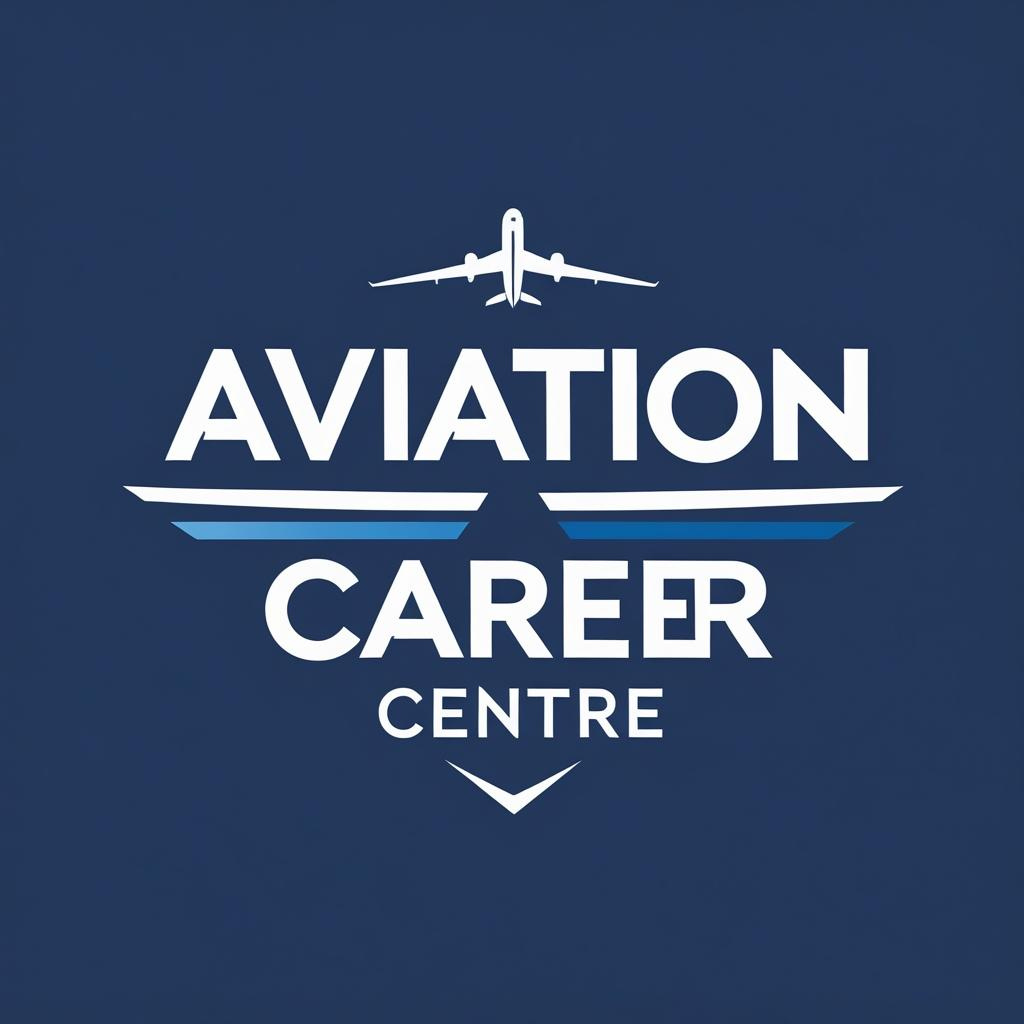The proliferation of aptitude test practice applications like Pilot Jobs, SkyTest, and commercial pilot assessment preparation software has fundamentally compromised the validity of aptitude testing in aviation selection. These tools enable systematic preparation for assessments designed to measure innate abilities, rendering traditional aptitude evaluation largely meaningless for modern aviation recruitment.
Aptitude tests were originally designed to assess natural cognitive abilities, spatial reasoning, and psychomotor skills that predict aviation training success. The fundamental assumption underlying these assessments required that candidates encounter test formats and content for the first time, ensuring measurement of inherent capabilities rather than learned responses.
The widespread availability of practice applications allows candidates to rehearse specific test formats repeatedly until achieving acceptable performance levels regardless of actual aptitude. Students can now practice identical or nearly identical test items hundreds of times, developing familiarity that masks genuine ability deficiencies through repetitive exposure.
SkyTest and similar commercial preparation systems provide exact replicas of assessment formats used by major airlines and training organizations. Candidates can practice specific spatial reasoning patterns, multitasking scenarios, and psychomotor coordination exercises until achieving target performance levels through memorization rather than natural ability.
The Pilot Jobs application and comparable mobile platforms enable continuous practice of aptitude test components during routine daily activities. Students develop automated responses to test patterns through extensive repetition, achieving scores that reflect preparation intensity rather than cognitive capabilities necessary for aviation training success.
Commercial assessment preparation courses now guarantee aptitude test improvement through systematic practice regimens that teach specific strategies for different test components. These services explicitly acknowledge that aptitude performance can be enhanced through preparation, contradicting the fundamental premise that such tests measure fixed abilities.
The gaming effect created by extensive practice fundamentally alters what aptitude tests actually measure. Instead of assessing natural spatial reasoning, cognitive flexibility, and processing speed, these evaluations now primarily test preparation thoroughness, access to practice resources, and study discipline rather than aviation-relevant capabilities.
Pattern recognition becomes the dominant factor in aptitude test performance when candidates have extensive practice experience. Students learn to identify recurring test structures, response strategies, and optimal approaches for different item types, developing test-taking competencies unrelated to actual piloting abilities.
The standardization that makes aptitude tests administratively convenient also enables systematic preparation that undermines their validity. When assessment formats remain consistent across applications and time periods, practice applications can provide exact preparation for specific test types rather than general ability development.
Economic advantages created by practice applications introduce bias that favors students with resources to purchase preparation materials and time to engage in extensive practice. Aptitude test performance increasingly reflects socioeconomic status and preparation access rather than natural abilities that predict training success.
The international nature of pilot recruitment creates additional preparation advantages for students in markets where practice applications are widely available and culturally accepted. Hong Kong students may achieve artificially inflated aptitude scores through intensive preparation while competing against candidates from regions with less systematic test preparation cultures.
Assessment validity requires that test performance correlates with actual training outcomes rather than preparation thoroughness. When students can achieve acceptable aptitude scores through practice regardless of natural ability, these assessments lose predictive value for identifying candidates likely to succeed in demanding aviation training programs.
The arms race between test developers and preparation services creates continuous cycles of assessment modification and practice adaptation that waste resources while failing to achieve reliable ability measurement. Test publishers modify formats to reduce practice effects, while preparation services quickly adapt to new versions, maintaining the fundamental validity problems.
Airlines and training organizations increasingly recognize that traditional aptitude testing provides limited value when candidates have extensive practice experience. Some progressive recruitment programs de-emphasize aptitude assessment in favor of other selection criteria that resist systematic preparation effects.
Alternative assessment approaches focus on capabilities that cannot be easily practiced or gamed through repetitive preparation. Communication skills, decision-making under pressure, and cultural fit evaluation provide more reliable selection criteria than aptitude measures that practice applications have compromised.
The resource allocation implications affect both individual students and aviation organizations. Students waste time and money on practice applications that provide artificial score improvement without developing genuine capabilities necessary for training success. Organizations continue using invalidated assessment methods that fail to identify optimal candidates.
Professional development priorities should emphasize skills that enhance actual training performance rather than aptitude test preparation that provides no operational value. Students benefit more from developing communication competencies, technical knowledge foundations, and professional attitudes that contribute to training success regardless of assessment format changes.
For Hong Kong aviation students, understanding the obsolescence of traditional aptitude testing helps redirect preparation efforts toward capabilities that provide genuine career value. Instead of investing in practice applications that game invalid assessments, students should focus on developing competencies that enhance actual training performance and professional effectiveness.
The strategic approach involves building authentic capabilities that serve aviation career development rather than pursuing artificial aptitude improvements that provide no operational benefit. Communication skills, cultural competency, and professional knowledge offer lasting value that enhances training success regardless of selection assessment approaches.
These articles are designed to help Hong Kong aviation students make informed decisions about their career preparation. For personalized guidance on aviation English development, contact Aviation English Asia Ltd.
